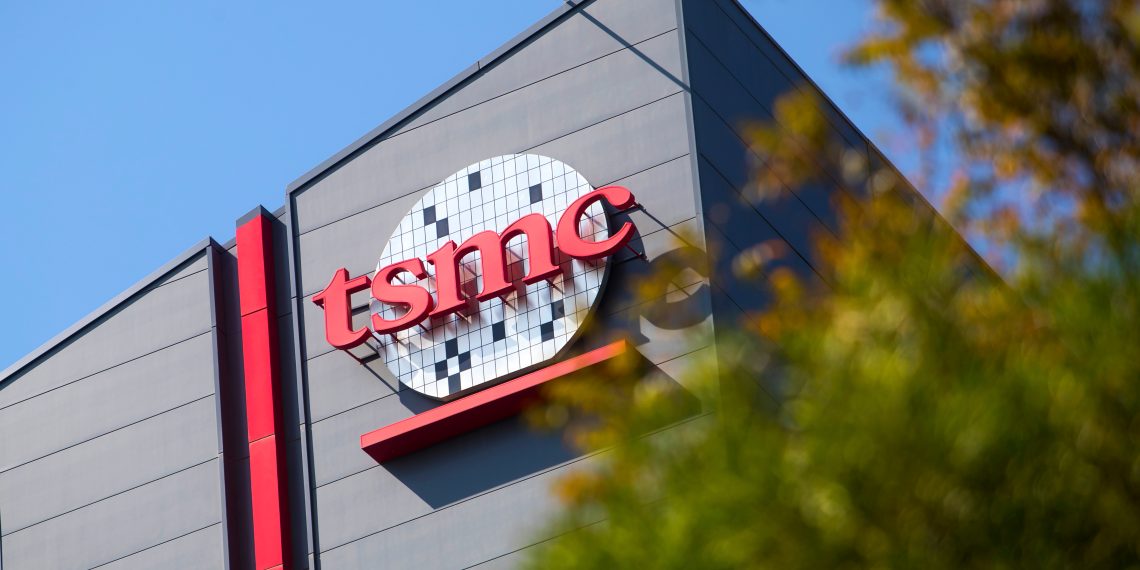Taiwan Semiconductor Manufacturing Co (TSMC) has divulged plans to launch a groundbreaking chip-making technology known as ‘A16’ by the latter half of 2026. This innovation is poised to ignite a fierce competition with Intel for the title of the world’s fastest semiconductor producer.
As the leading contract manufacturer of sophisticated semiconductors and a crucial partner to giants like Nvidia and Apple, TSMC unveiled the details at an industry event in Santa Clara, California. The company’s executives suggested that the initial beneficiaries of the A16 technology would be developers in the artificial intelligence (AI) chip sector, rather than smartphone manufacturers.
Speculations have arisen that TSMC’s recent announcement could challenge Intel’s earlier claims from February, where the latter boasted that its ’14A’ technology would surpass TSMC in creating the most rapid computing chips.
Kevin Zhang, TSMC’s senior vice-president of business development, mentioned that the acceleration in the A16 chip-making process’s development is attributed to the surging demand from AI chip companies, although he did not mention any specific clientele.
AI chip firms ‘really want to optimise their designs to get every ounce of performance we have’, Zhang remarked.
Notably, Zhang also conveyed that TSMC is confident in its ability to manufacture the A16 chips without resorting to ASML’s cutting-edge ‘High NA EUV’ lithography machines, which are priced at a staggering US$373 million each. In contrast, Intel recently disclosed its intentions to be the pioneer in employing these machines for its 14A chip.
Further adding to TSMC’s technological advancements, the company introduced an innovative method for delivering power to semiconductors from the backside of the chip. This technique, expected to be operational in 2026, is engineered to enhance the performance of AI processors. Intel has declared a similar strategy as one of its key competitive edges.
While the announcements cast doubts over Intel’s aspirations to reclaim the semiconductor industry’s top spot, analysts have expressed mixed opinions. ‘It’s debatable, but on some metrics, I don’t think they’re ahead,’ stated Dan Hutcheson, vice-chair at TechInsights, regarding Intel’s position.
Conversely, Kevin Krewell from Tirias Research advised caution, noting that the technologies touted by both Intel and TSMC are still years away from realization and that their actual chips have yet to demonstrate the capabilities promised in their presentations.









